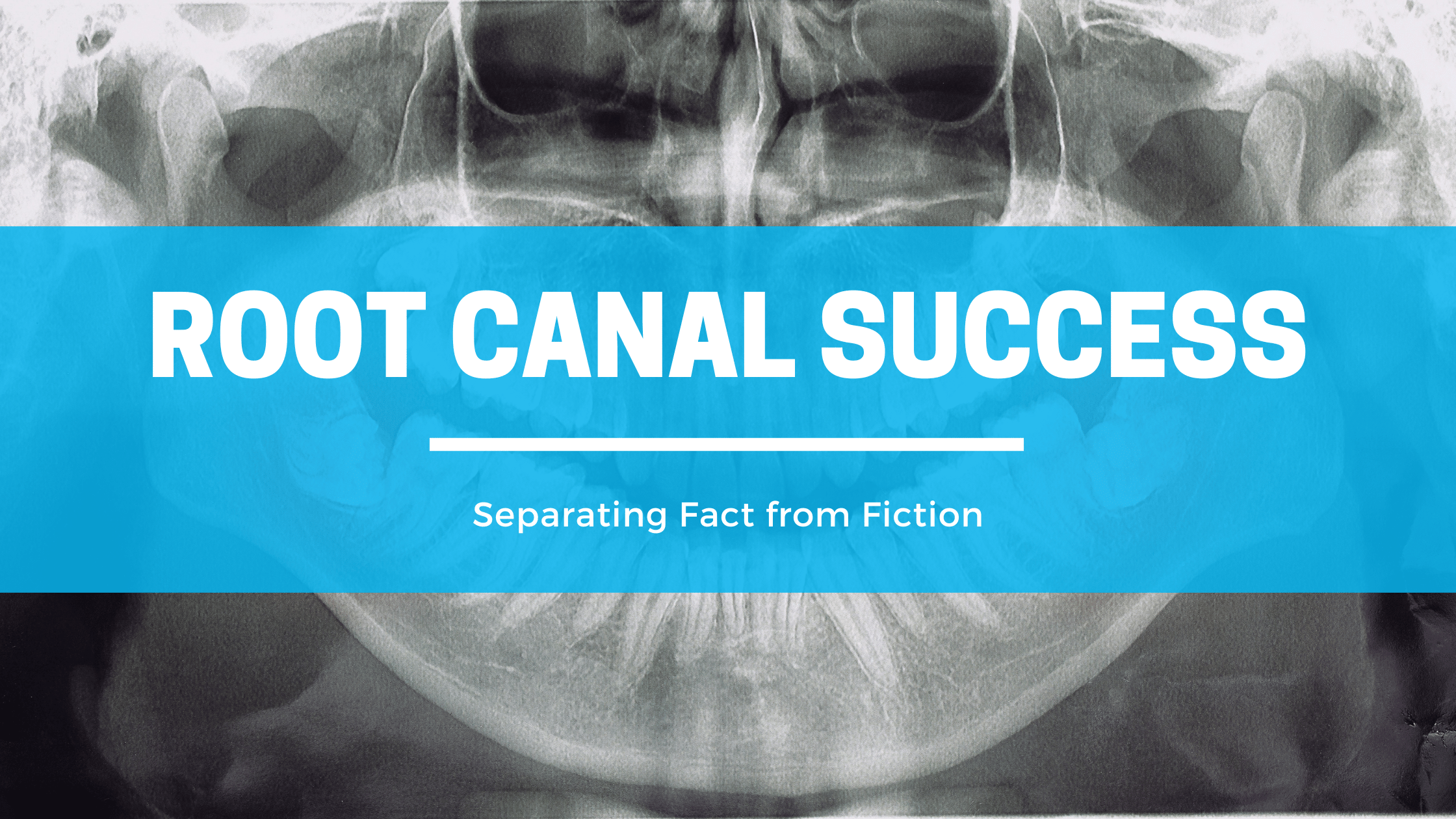Project Description
Root canal therapy is a common dental procedure that is used to treat infections and damage to the soft tissue inside the tooth known as the pulp. Although the success rate of a root canal treatment depends on various factors, it is generally considered to be a highly successful procedure. Let’s explore what a root canal is, the factors that affect the success rate, and how you can ensure the success of your root canal treatment.
What is a Root Canal Treatment?
Some patients may wonder, “What does a root canal feel like?” During the root canal treatment, the dentist or endodontist will administer local anesthesia to numb the area around the affected tooth. This will help to minimize discomfort during the procedure. Some patients may experience slight discomfort or pressure during the treatment, but it should not be painful. After the procedure, patients may experience some mild pain or sensitivity, which can be managed with over-the-counter pain medications. Overall, the goal of a root canal is to relieve pain and restore the health and function of the tooth.
How is the Nerve Removed in a Root Canal?
During a root canal procedure, the dentist or endodontist will access the inside of the tooth through a small hole drilled in the top of the tooth. Using specialized tools, they will carefully remove the infected or damaged pulp tissue from the root canals of the tooth. The root canals are then cleaned and shaped to prepare for filling with the gutta-percha material.
Before filling the root canals, the dentist may also apply an antimicrobial solution to ensure that all bacteria are eliminated. Once the root canals are filled with gutta-percha, the hole in the top of the tooth is sealed with a filling or crown to protect the tooth and restore its function.
The removal of the nerve tissue during a root canal procedure is necessary to prevent the spread of infection and to save the tooth from extraction. With proper care and maintenance, a tooth that has undergone a root canal can last a lifetime.
Factors that Affect the Success Rate of a Root Canal
The success rate of a root canal treatment depends on several factors, including the severity of the infection or damage to the tooth, the skill and experience of the dentist or endodontist, and the patient’s overall oral health.
Severity of Infection or Damage: The success rate of a root canal treatment is higher if the infection or damage to the tooth is caught early. If the infection has spread to the surrounding bone or if the tooth is severely damaged, the success rate may be lower.
Skill and Experience of the Dentist or Endodontist: Root canal treatments require a high level of skill and experience. The success rate of the procedure is higher when it is performed by a dentist or endodontist who is trained and experienced in this type of procedure.
Overall Oral Health: The success rate of a root canal treatment is also affected by the patient’s overall oral health. Patients who have good oral hygiene and who visit their dentist regularly for check-ups and cleanings are more likely to have a successful root canal treatment.
How to Ensure the Success of Your Root Canal Treatment
While there are several factors that affect the success rate of a root canal treatment, there are also steps that you can take to ensure the success of your treatment. Here are some tips:
Choose a Skilled and Experienced Dentist or Endodontist: The success rate of your root canal treatment depends largely on the skill and experience of your dentist or endodontist. Look for a provider who has experience in performing root canal treatments and who is well-versed in the latest techniques and technologies.
Practice Good Oral Hygiene: Good oral hygiene is essential for the success of a root canal treatment. Brush your teeth at least twice a day, floss daily, and visit your dentist regularly for check-ups and cleanings.
Follow Your Dentist’s Instructions: After your root canal treatment, your dentist or endodontist will provide you with specific instructions on how to care for your tooth. Follow these instructions carefully to ensure the success of your treatment.
Avoid Chewing Hard Foods: After your root canal treatment, your tooth may be sensitive and fragile. Avoid chewing on hard foods or using your teeth to open packages or bottles.
In conclusion, the success rate of a root canal treatment depends on several factors, including the severity of the infection, the skill of the dentist, and your own commitment to proper oral care. By following your dentist’s instructions and caring for your tooth properly, you can ensure that your root canal treatment is successful.

